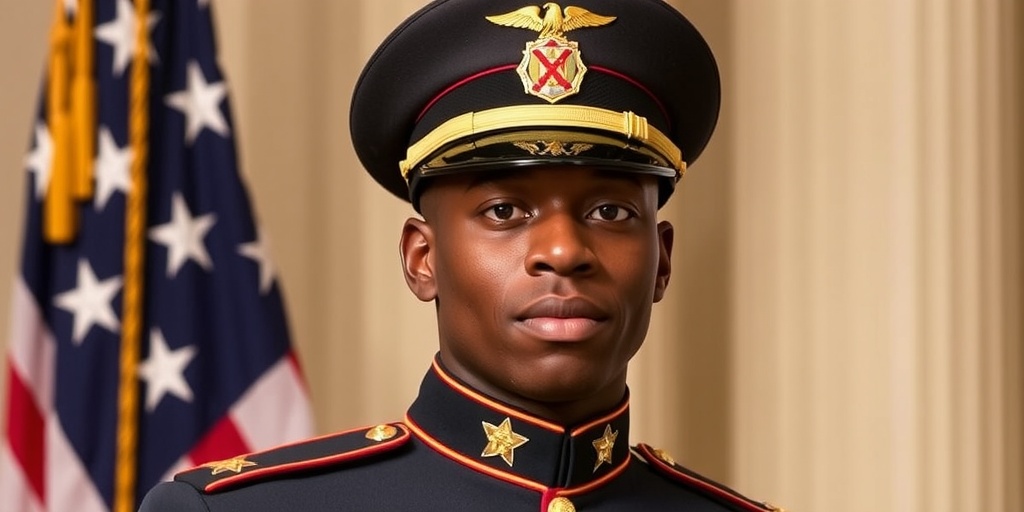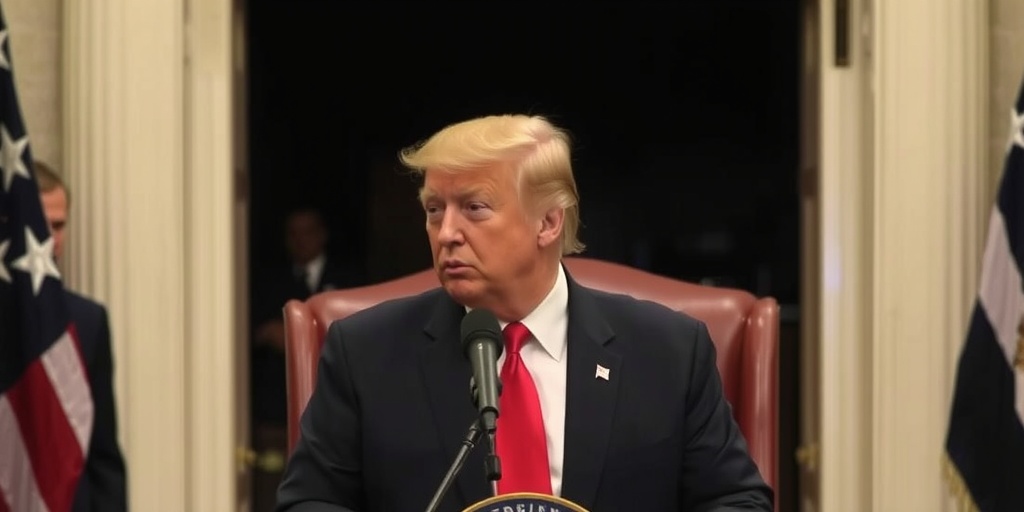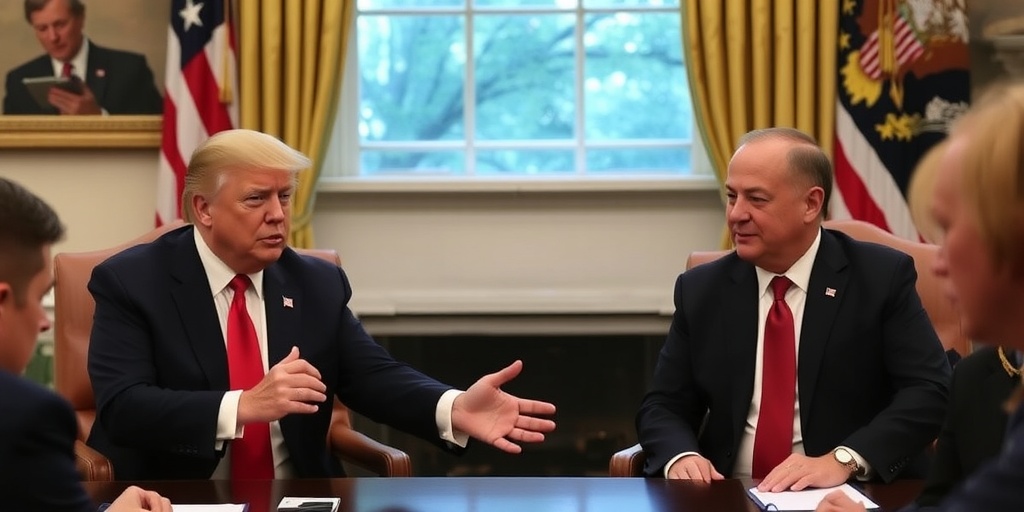Now Reading: First Black Leader of Virginia Military Institute Removed
-
01
First Black Leader of Virginia Military Institute Removed
First Black Leader of Virginia Military Institute Removed

Virginia Military Institute Board Votes Against Contract Renewal for Historic Leader
In a notable and controversial decision, the board of the Virginia Military Institute (V.M.I.) voted 10-6 on Friday against the renewal of Major General Cedric T. Wins’s contract as superintendent. This decision marks a significant moment in the history of the institution, as General Wins is the first Black superintendent in V.M.I.’s long history. The board did not provide an official explanation for the decision, which was made in a closed session that lasted more than two hours.
The vote comes amid ongoing tensions at V.M.I., particularly between conservative alumni and those advocating for diversity and inclusion on campus. General Wins, appointed to the role in 2021 after serving in an interim capacity in 2020, has been at the forefront of efforts to combat racism and promote diversity following a series of troubling reports that highlighted a culture of racism and sexism within the institution. A 2020 piece published by The Washington Post documented the “relentless racism” experienced by Black cadets, prompting a state investigation that corroborated these claims and underscored the urgent need for reform within the college.
One of the most significant actions taken by General Wins during his tenure was the removal of the statue of Thomas “Stonewall” Jackson, a Confederate general who had been a prominent figure on campus. This decision elicited strong reactions from various alumni and members of the community, with many viewing it as an essential step in addressing V.M.I.’s historical ties to racism and white supremacy. In a public statement regarding the statue’s removal, General Wins emphasized the importance of progress, stating, “Though change can sometimes be difficult, it is time for our beloved Institution to move forward.”
Despite these efforts, General Wins faced considerable opposition from a group of alumni known as Spirit of V.M.I., who campaigned against what they termed a “woke” assault on the college. Their opposition underscores the division within V.M.I. as discussions around race and identity continue to provoke heated debates among its alumni.
Complicating matters further, Virginia State Senator Jennifer Carroll Foy, a Black alumna of V.M.I., reported that John D. Adams, the chair of the V.M.I. board of visitors, had expressed to her a desire for a leadership change that included the removal of a Black superintendent. While a spokesperson for Adams has denied these claims, the controversy continues to raise questions about race and leadership within the institution.
General Wins, who served in the U.S. Army for 34 years, could not be reached for comment immediately following the board’s decision. Meanwhile, the V.M.I. administration has also refrained from making a public statement regarding the situation.
The backdrop of this decision highlights broader societal tensions related to race, leadership, and institutional culture. The recent actions of the board occur in the context of Governor Glenn Youngkin’s administration, which has heavily influenced the board’s composition since he took office in 2022; he has appointed 13 of the 17 members. This political backdrop adds another layer of complexity to the board’s vote, particularly in light of recent political dynamics surrounding leadership roles held by individuals of color in the military.
The symbolism of General Wins’s contract non-renewal is further magnified by its timing, as it echoes broader concerns regarding racial equity and representation, particularly in military leadership roles. The recent ouster of General Charles Q. Brown Jr. as chairman of the Joint Chiefs of Staff under the Trump administration raised alarms, especially among those who view it as part of a troubling trend in the treatment of Black leaders in prominent military positions.
As V.M.I. moves forward in the wake of this polarizing decision, the institution finds itself at a crossroads, grappling with its historical legacy while navigating a future that increasingly demands clarity on issues of race, leadership, and the values it seeks to uphold. As the academic community watches closely, the board’s choice serves as a pivotal moment in assessing the commitment of V.M.I. to diversity and inclusion, as well as its recognition of the changing dynamics of leadership in America’s military institutions. With General Wins’s contract set to expire on June 30, the implications of this decision are sure to resonate far beyond the campus boundaries, impacting discussions on race and representation within military academies nationwide.
Stay Informed With the Latest & Most Important News
Previous Post
Next Post
-
 01New technology breakthrough has everyone talking right now
01New technology breakthrough has everyone talking right now -
 02Unbelievable life hack everyone needs to try today
02Unbelievable life hack everyone needs to try today -
 03Fascinating discovery found buried deep beneath the ocean
03Fascinating discovery found buried deep beneath the ocean -
 04Man invents genius device that solves everyday problems
04Man invents genius device that solves everyday problems -
 05Shocking discovery that changes what we know forever
05Shocking discovery that changes what we know forever -
 06Internet goes wild over celebrity’s unexpected fashion choice
06Internet goes wild over celebrity’s unexpected fashion choice -
 07Rare animal sighting stuns scientists and wildlife lovers
07Rare animal sighting stuns scientists and wildlife lovers





















